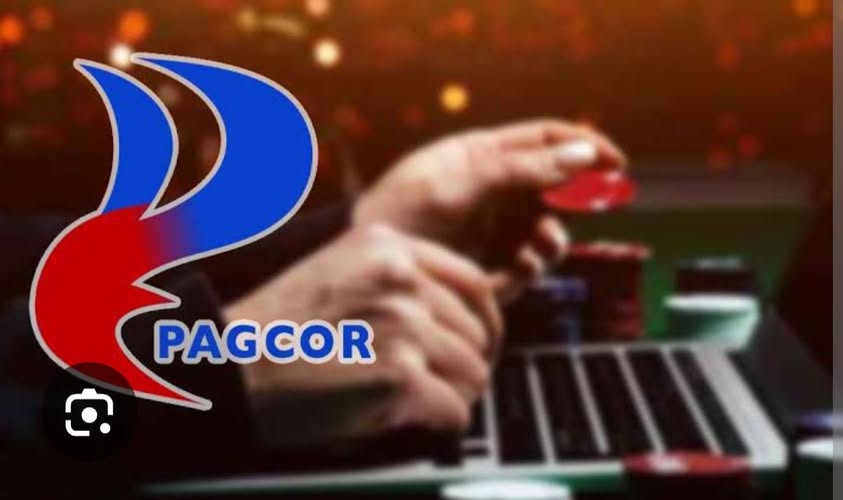
The Philippine government’s pivot from Philippine Offshore Gaming Operators (POGOs) to Philippine Inland Gaming Operators (PIGOs) is a calculated move to address both economic and security concerns. While POGOs have been marred by reports of crime, including human trafficking and money laundering, PIGOs present a more regulated, locally controlled alternative.
The key difference lies in operations and workforce. POGOs primarily cater to foreign gamblers and rely heavily on foreign workers, often leading to regulatory blind spots and law enforcement challenges. In contrast, PIGOs operate within licensed Philippine casinos and employ mostly Filipino workers, ensuring tighter government oversight and more direct economic benefits.
President Ferdinand Marcos Jr.’s administration sees PIGOs as a way to retain the revenue potential of gaming without the baggage of POGOs. The shift is not just about rebranding but about creating a more accountable and transparent system. However, proper regulation remains crucial. The government must ensure that PIGOs do not follow the same troubled path as POGOs. Otherwise, this shift will be nothing more than a name change, with the same risks hiding beneath a different acronym.




